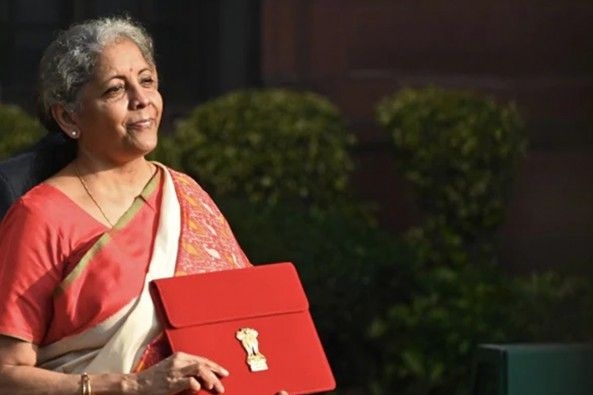General Help
Get information about our website or Droom services
The 2021 Union Budget promised to deliver surprises and relief for the Indian economy. The one surprising announcement is the new agricultural infrastructure and development cess of Rs 2.5 per litre on petrol and Rs 4 per litre on diesel. The new cess won’t impact the fuel prices as the ministry plans to reduce basic customs duty on the fuel. The new cess would become applicable from February 2, 2021. Unbranded petrol and diesel will attract basic excise duty of Rs 1.40 and Rs 1.80 per litre, respectively. Also, the Special Additional Excise Duty (SAED) on unbranded petrol and diesel will be Rs 11 and Rs 8 per litre, respectively. Similar changes are effective for branded petrol and diesel. The new budget is the first all digital budget since India attained Independence way back in 1947. The first budget of Independent India was presented by R. K. Shanmukham Chetty on 26 November 1947.

Speaking on the announcement, Nirmala Sitharaman, Finance Minister said She said, "Consequent to the imposition of Agriculture Infrastructure and Development Cess (AIDC) on petrol and diesel, Basic excise duty (BED) and Special Additional Excise Duty (SAED) rates have been reduced on them so that overall consumer does not bear any additional burden."
The big news for the automobile sector is the increase in basic customs duty on select automotive components. This is done to boost the demands for locally manufactured products. Plus, the budget outlet for the MSME (Micro, Small and Medium Enterprises) sector has been doubled in comparison to last year's allotment. Considering the auto component industry is dominated by MSMEs, this is a welcome relief for the automotive sector in India.
The Indian government also announced a new vehicle scrappage policy. Under the new policy, there is a 20-year cap for personal vehicles and a 15 year time period for commercial vehicles. This is done to reduce the presence of the polluting vehicles on the Indian roads. With the BS6 emission norms enforced last year, the vehicle scrappage policy aims to make the Indian air cleaner. This all points towards the government's plans to promote sustainable means of transportation. The new budget in a way seems to be decent to the Indian automotive sector in all fairness.
Read Also: 2021 Tata Safari Reaches Dealership Ahead of the Official Launch